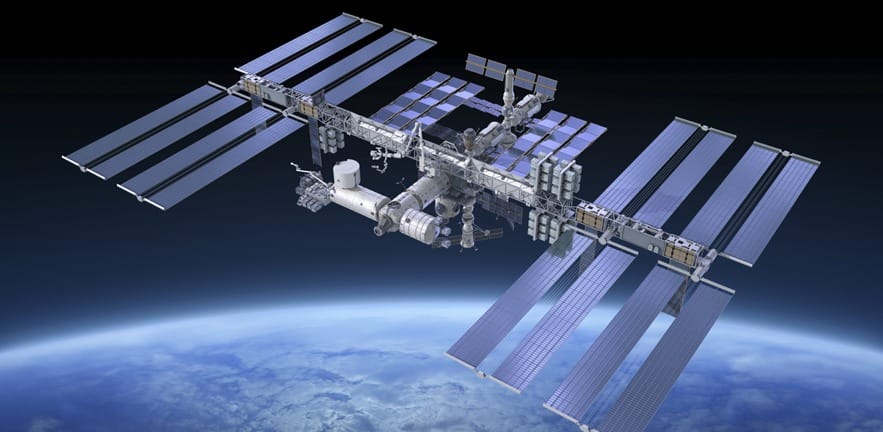Astro Pi reaches the International Space Station.
Christmas has arrived early this year for the astronauts on the International Space Station (ISS). Cygnus cargo ship arrived at the station on Wednesday 9 December, carrying food and water supplies, Christmas presents for the astronauts and two Raspberry Pis containing competition winning programs designed by UK school children.
School students across the country were given a chance to devise experiments in outer space with the Raspberry Pi computer, thanks in part to a slightly older student – James Adams, a member of the Executive MBA programme at Cambridge Judge Business School.
Both Astro Pis are equipped with Sense HAT, an add-on board for the Raspberry Pi. “It’s a little board which has a bunch of sensors that interact with the outside world,” says James, director of hardware engineering at Raspberry Pi. “It has a gyroscope and magnetometer, plus sensors to measure things like humidity, temperature and pressure.”
Tim Peake, the first UK astronaut to visit the ISS, will use the two Astro Pis at the space station, which he travelled to on 15 December. The mini-computers run seven Python programs that will be used to conduct experiments ranging from reaction-time games to science experiments measuring radiation in space. The experiments will be conducted over a few months, and once completed, the dataset will be made available as open source to help the public better understand the conditions on board the ISS.
“We [made] the hardware available free to schools within the competition, so they can use the exact same hardware that’s going into space,” says James. The Sense HAT add-on is now available to buy from the Raspberry Pi Foundation and has a Python library to help programmers use the board.
James became one of the original employees of Raspberry Pi after meeting founder Eben Upton (a 2009 Cambridge EMBA alumnus) at the semiconductor company Broadcom. There have been over five million Rapsberry Pis sold globally and the Foundation has recently released the new £4 Raspberry Pi Zero, which sold out of its 20,000 units within 24 hours of introduction.
The idea behind a tiny and affordable computer for kids came in 2006, when Eben Upton, Rob Mullins, Jack Lang and Alan Mycroft, based at the University of Cambridge’s Computer Laboratory, became concerned about the year-on-year decline in the numbers and skills levels of the A-level students applying to read Computer Science. Eben worked out how to turn the idea into a business success while on the Executive MBA programme at Cambridge Judge Business School.


